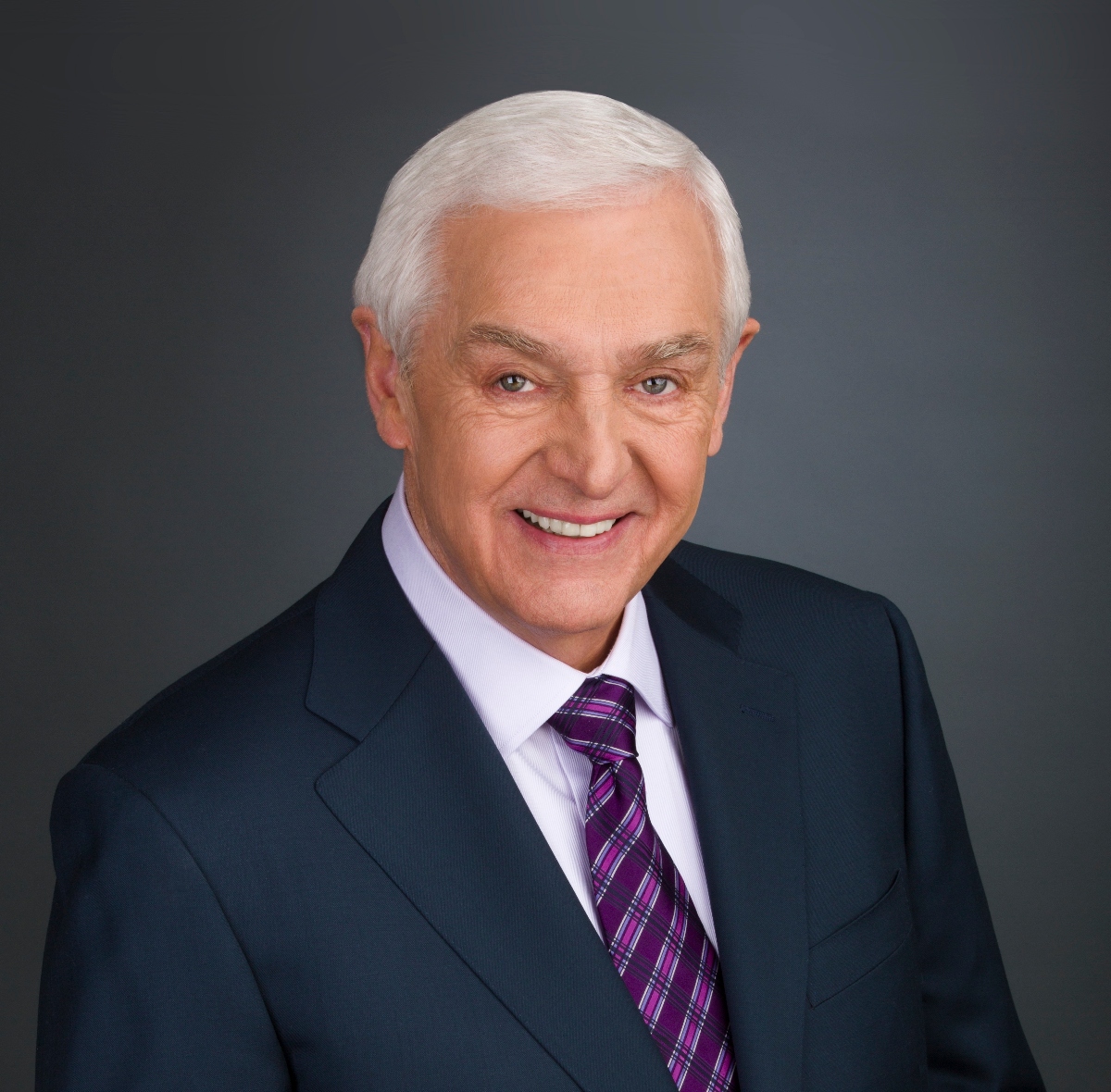Spring colors, fresh flowers, brightly colored eggs, and chocolate bunnies. These are just a few of the things that tell us Easter is coming.
Every year, millions around the world gather to celebrate this spring-themed holiday. In the United States an estimated 81% of Americans participate in some form of Easter festivities. Around the world the exact numbers are harder to calculate, but at least 48% of countries have some form of Easter celebrations.
In the U.S., Easter celebrations typically involve church, family meals, Easter egg hunts, and gift-giving. But what about other cultures? How do they celebrate? Here are five unique celebrations held around the world at Easter.
Australia
In Australia, it is not the Easter Bunny that delivers treats; it’s the Easter Bilby. A bilby is a desert-dwelling marsupial that has similar features to a rabbit and is on the endangered species list in Australia. The Easter Bilby is a fairly new tradition that gained acceptance in the early 1990s, as rabbits have a reputation for destroying crops in Australia and are therefore designated a “pest.” Today, chocolate makers in Australia manufacture chocolate bilbies to fill Easter baskets and donate part of their profits to the endangered bilby.
Bermuda
In Bermuda, Easter weekend begins on Good Friday with kite flying. The kites are typically handmade in a hexagonal shape using sticks, strings, and colorful tissue paper. They are flown to symbolize Christ’s resurrection and ascension to heaven. Legend has it that a teacher came up with the idea as a simple way to explain the idea of Easter.
The Philippines
In the Philippines, Easter is celebrated all week, beginning on Palm Sunday. The week often involves reenactments and penitential rituals common in the Catholic church. Many cities also hold elaborate processionals that reflect the last week of Christ’s life.
France
The French have a tradition of silencing church bells during Easter. The legend of “les cloches” demonstrates an act of mourning and silences the church bells from ringing starting on Thursday evening and lasting until Easter Sunday morning. In addition to the silence of the bells, the legend continued with a story told to children that the bells sprout wings and fly to Rome to be blessed by the pope before returning with treats and chocolates.
Sweden
In Sweden, Easter has become a more secular holiday and looks more like Halloween than Easter. Rooted in an ancient belief that witches were more active during the Easter weekend, Swedes created ways to ward off this evil and protect themselves. This included hosting community bonfires and painting crosses on their doors. Today, little remains of these ancient traditions except for children dressing up as kind witches and visiting neighbors to exchange drawings and paintings for candy.
Each of these celebrations offers a unique tradition and festive time for family and friends. Each shares a special aspect of the holiday that enriches the occasion, but they all fall short of delivering the lasting joy and hope that accompanied the first Easter. They all fall short of being as unique as that first Easter.
The first Easter was unique because we have a unique Savior—unique in the fact that He came from God in His origin, unique in the fact that He was born of a virgin, unique because He lived a life without sin, and unique because He came out of the grave victorious over death. And the same uniqueness that is in Jesus Christ is available to all of us.
To help us live a life that honors Him.
To help us find everlasting hope in Him.
To help us spread His joy.
To share the Good News of His Gospel.
The Good News is that the hope and joy of that first Easter are still available today—and that is the true reason to celebrate Easter in the here and now and for eternity.
Easter is “the Good News.” It celebrates Christ’s victory over sin and death and His grace to all who believe in Him and call on His name. It’s good news for me, good news for you, and good news for the entire world.
This Easter, don’t leave the celebrations to cultural festivities alone. Let the Good News of Easter envelop you, let it change you, and let the true source of joy, hope, and victory fill you every day.
Once you have this hope, don’t just hold onto it—share it with others.
Find hope this Easter, and let the Gospel change you and those around you.
Why Easter Sunday Moves
March 24, March 31, April 5, April 11, and April 18. Each of these dates marks a historic event, but they also share another commonality—they have all marked the Easter holiday.
Since its official inception as a designated church holiday by the Nicaean Ecumenical Council of 325 A.D., Easter has moved along the spring calendar between March and April.
But why? Why is the date of Easter so inconsistent, and does the date really matter?
Let’s examine that first question.
The date of Easter changes because the early church designated Easter as the first Sunday after the first full moon following the Spring Equinox. This means that the Easter holiday follows the lunar calendar (moon phases), which is constantly changing with the 29.5-day moon cycle. In addition, our modern-day calendars have changed several times as societies fluctuated between Jewish, Gregorian, and Julian calendars.
The second question—does the date really matter—is more subjective. If objective evidence and historical accuracy are of paramount importance, then the exact date may matter. However, we must remember that it’s not the date we are celebrating it’s what happened. It’s the meaning behind Easter that is of greater importance. While the church fathers wanted to remain faithful to the Passover connection, their true desire was to continue spreading the message of Easter for the generations to come.
Whether it falls in April or March does not matter. What matters is that it happened—God sent His Son, Christ died in our place, He rose from the dead three days later, and He will come again.
The Resurrection is not just something we celebrate once a year at Easter with our families. It is the most important doctrine of the Bible because if Jesus didn’t do what He said He would, which was to come back from the grave after three days, we can’t believe anything He said.
But Jesus did what He promised He would do.
With Almighty God in our hearts through Jesus Christ, we have victory, and we have eternal hope.
Are you ready for this Easter? Have you found the hope Easter provides?
His resurrection and return provide hope for everyone who believes in Him.
Find hope in Him and share it with others this Easter
Photo Credit: © Getty Images/udra





